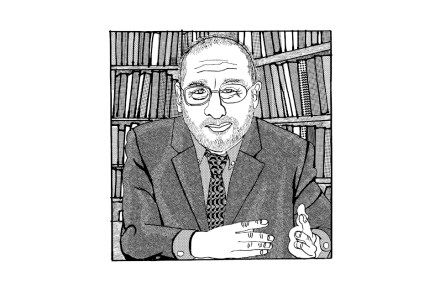Joseph Stiglitz: ‘We know where fascism led last time’
When Joseph Stiglitz talks, the left listens. The Nobel laureate has advised multiple Democratic presidents and the World Bank, where he worked as chief economist and senior vice president. He’s long been a leading critic of the liberal leanings that have dominated the West’s economic policy for four decades. So when we meet in The Spectator’s office, I ask him if the Labour party has sought his advice. It wouldn’t be unthinkable. ‘I just met with, in a TV show, one of the Labour shadow ministers. We had a good discussion,’ he says, smiling. But the New Keynesian economist is in the UK for four days, and his new book,





















